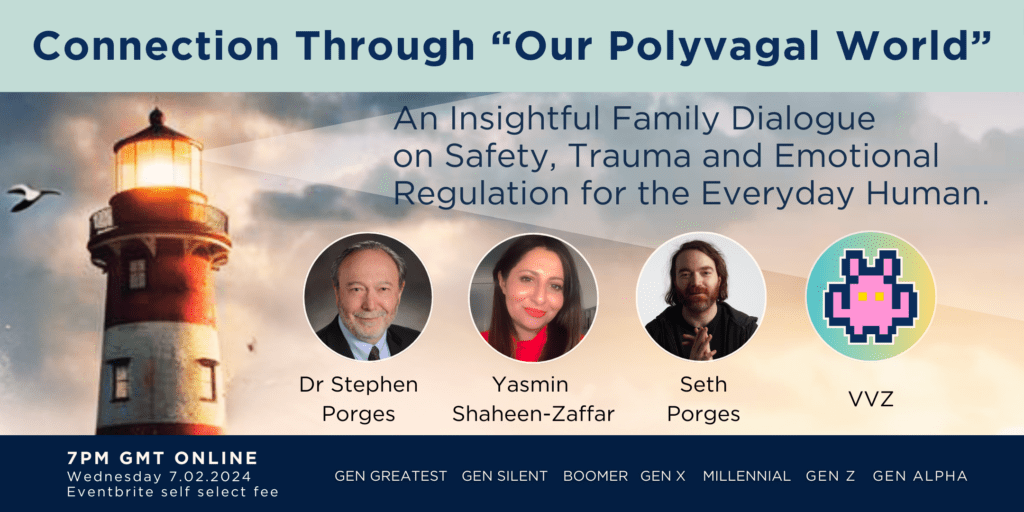Unraveling the Criticisms of Polyvagal Theory: Navigating the Controversy
Polyvagal Theory, introduced by Dr. Stephen Porges in the late 1990s, has caught the attention of experts in psychology, neuroscience, and beyond. This theory helps us understand how our body’s autonomic nervous system affects how we act, feel, and react in social situations.
As a trauma therapist, I’ve found Polyvagal Theory to be incredibly helpful. It allows me to support clients by dismantling barriers such as shame. Some of the benefits – it helps us understand why we behave the way we do, improve how we communicate, and manage our emotions better.
But like anything important, Polyvagal Theory has its critics. Some people question its ideas or how practical they are in real life. In my blog post, I’ll explore some of these criticisms.
I even had the chance to ask Dr. Porges himself about these criticisms! You can watch his response in the video below.
Join me as we dig deeper into Polyvagal Theory, understanding both its strengths and the questions it raises. Let’s make sense of this theory together.
Understanding what the fuss is about.
Critical Papers and ResearchGate Threads
- Grossman P & Taylor EW. Toward understanding respiratory sinus arrhythmia: relations to cardiac vagal tone, evolution and biobehavioral functions. Biol Psychol, 2007.
- Taylor et al. An overview of the phylogeny of cardiorespiratory control in vertebrates with some reflections on the ‘Polyvagal Theory’. Biol Psychol, 2022.
- Grossman. ResearchGate (main project): Examining Porges’ “Polyvagal” suppositions (2016, ongoing)
- Grossman. ResearchGate (question): After 20 years of “polyvagal” hypotheses, is there any direct evidence for the first 3 premises that form the foundation of the polyvagal conjectures? (2016, ongoing)
- Grossman. ResearchGate (question): Does anyone know of research documenting large heart-rate decrease during episodes of psychological dissociation? (2016, ongoing)

